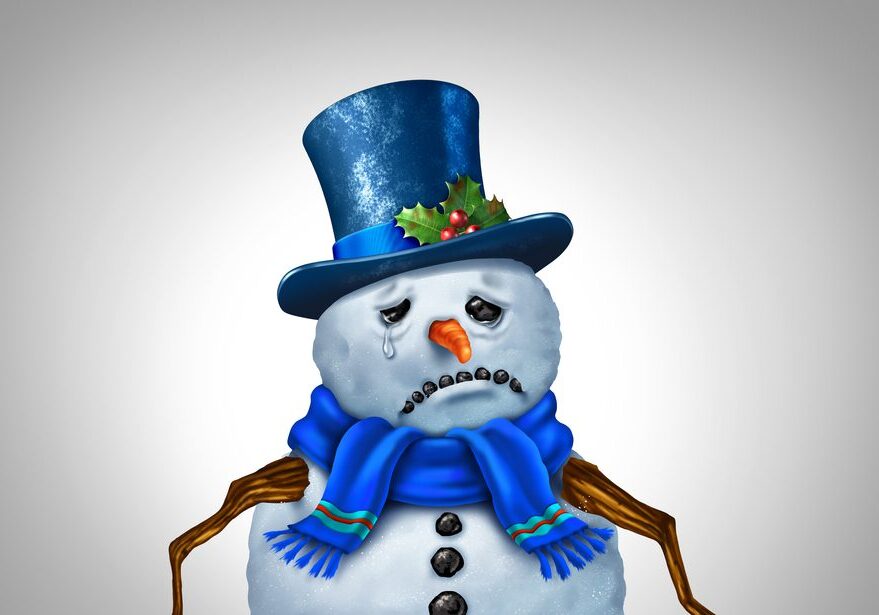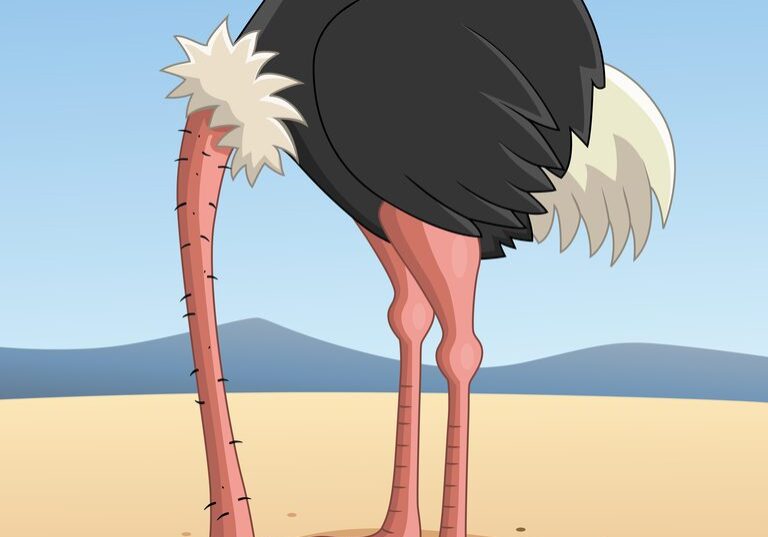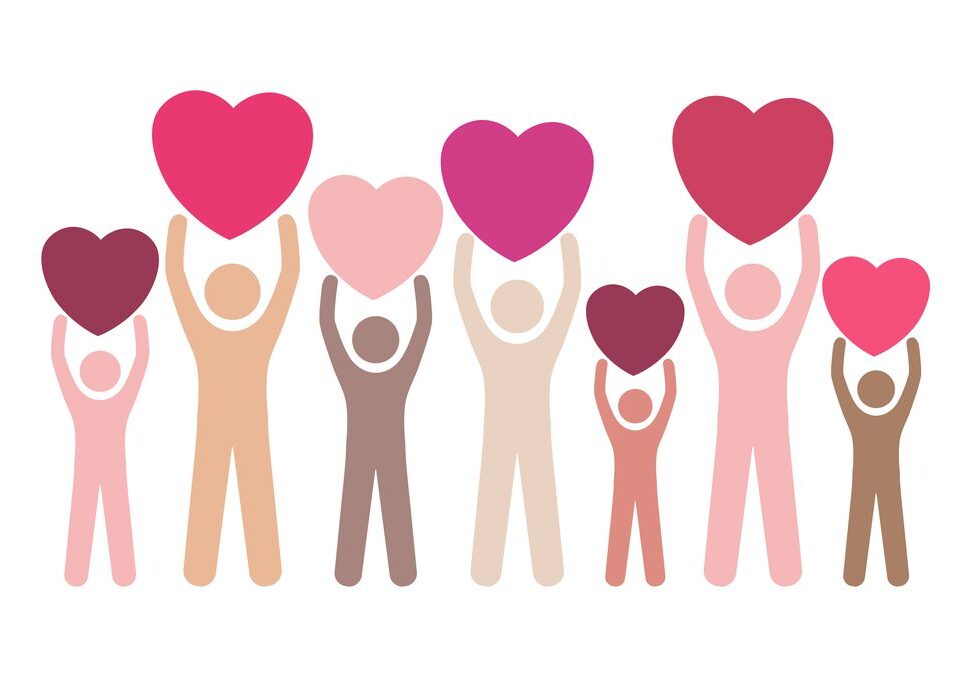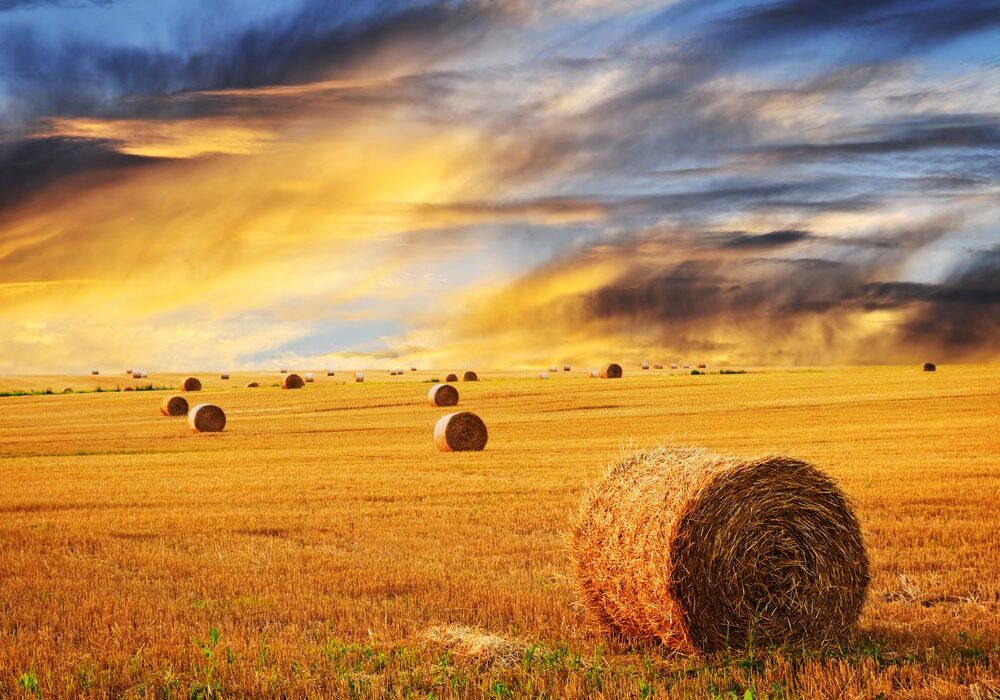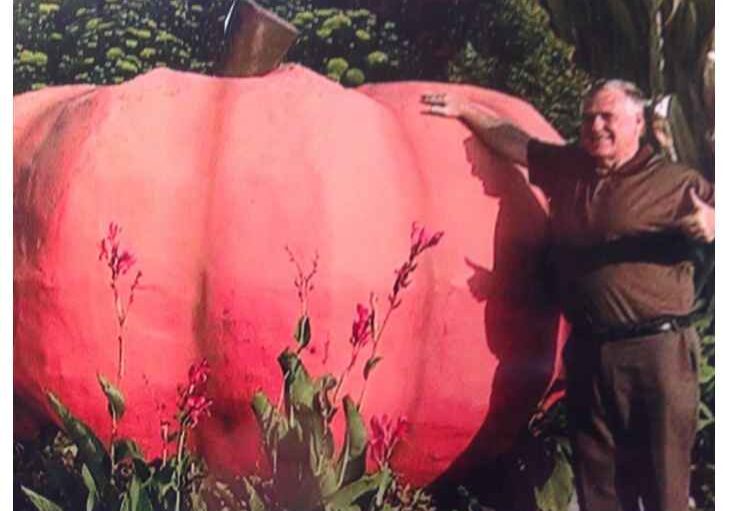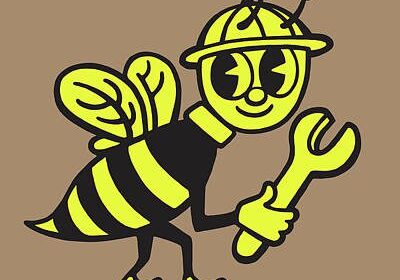2023
Homemade & Heartfelt… by JoAnn
Two days after Christmas, I decided to sit down and make some homemade ornaments. It...
Holidays Feel Different… by JoAnn
For the last couple of weeks, I have struggled with the sometimes negative effects of...
Christmas Magic… by JoAnn
I once heard a wise adult say that Christmas is for children. That always stuck...
The Ostrich… by JoAnn
Every time I watch the news on television or read about current events online, I...
Thankful Traditions… by JoAnn
This past Thanksgiving, I was reminded of an event many people like to partake in...
Forever Family… by JoAnn
Last evening, I was making homemade spaghetti sauce. As I was taking a break from...
Beauty in Silence… by JoAnn
Today, on my way home from picking up some dinner, I traveled down a long...
Turkey OR Tree… by JoAnn
As the temperatures have dropped, with some states already having their first snow of the...
The Giant Pumpkin Roll… by Larry Frank Fields
Here's the complete story….A Big Tall Tale by Larry Frank “Corn” Fields… “Hope that whopper...
Busy Bees… by JoAnn
Have you ever watched bees working in their hive? If you have, you know how...

